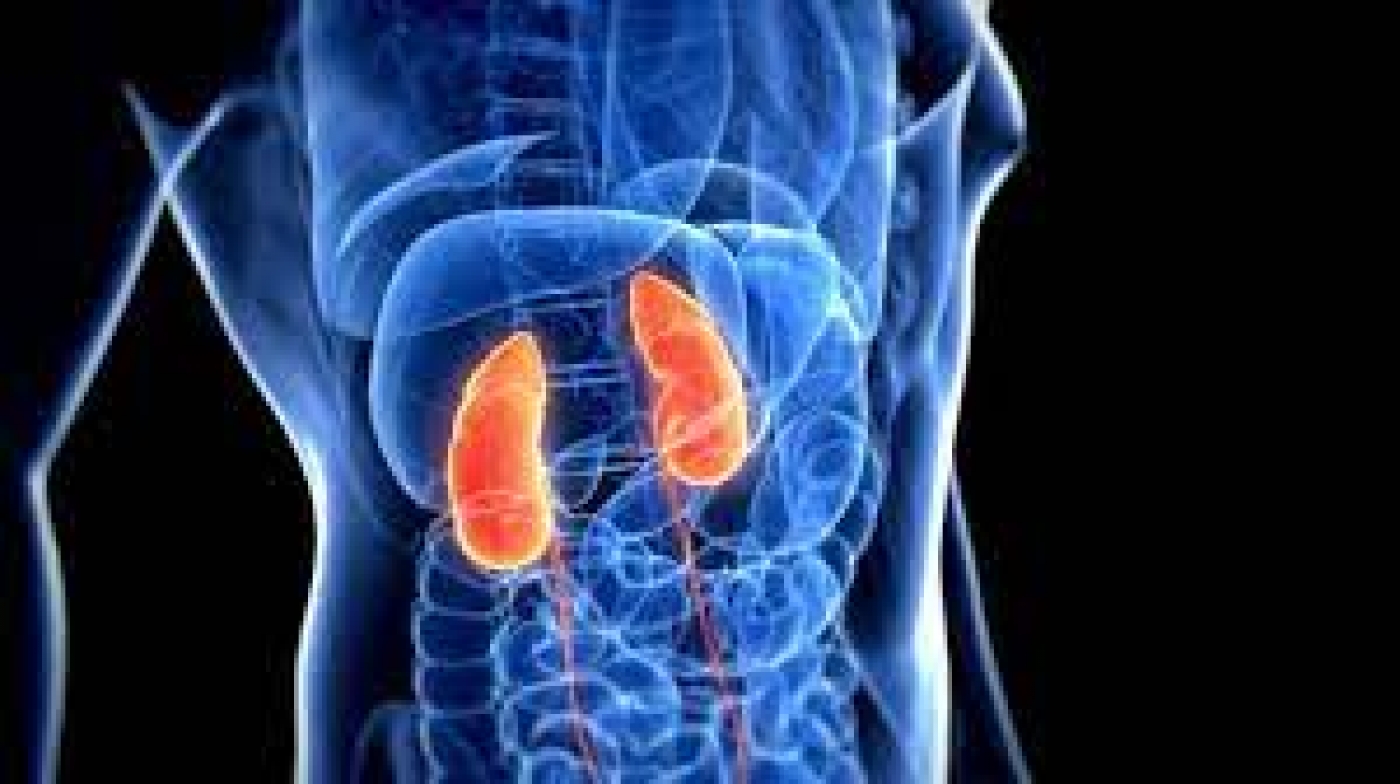Onyekwere noted, “Too much intake of protein can damage the kidneys. Although protein is required for the repair of worn-out tissues and the build-up of new ones, when consumed excessively, it is harmful to the kidneys.
“This is because it is the kidney that helps the body to get rid of the waste products that are generated after the digestion of protein.
“Eating too much protein will place more burden on the kidneys and this can progressively cause damage.”
According to the National Kidney Foundation, having too much protein in the body can cause waste to build up in the blood, and the kidneys may not be able to remove all the extra waste.
Also, Mayo Clinic – a medical center focused on integrated health care, education, and research, says a high-protein diet may worsen kidney function in people with kidney disease because the body may have trouble eliminating all the waste products of protein metabolism.
The dietician also stressed that an unhealthy diet was a major contributing factor to the onset of kidney diseases.
Onyekwere explained, “For one to keep kidney diseases away, it is important to pay close attention to his/her diet and make some dietary adjustments by mainly reducing intake of certain foods that can affect renal function negatively.
“One of such foods to be reduced is salt. Salt contains sodium which when consumed in excess can cause high blood pressure which can lead to kidney damage.
“To achieve a reduced salt intake, one can start by reducing the amount of salt and stock cubes used in cooking, stop adding salt to meals when eating, and limit intakes of pastries and salty snacks.
“Also, processed foods can also affect renal function and as such should be consumed in limited amounts. Examples of processed foods include canned meat and as well as canned fruits and vegetables. They should be consumed sparingly as they contain a lot of sodium.”
The dietician also said people need to be wary of herbal concoctions to ensure optimal renal function.
“Herbal concoctions, be it in water or alcohol extracts contains substances that may be toxic to the kidneys,” she added.
On how people can avoid coming down with kidney diseases, the dietician enjoined them to embrace a healthy lifestyle and to go for regular health checks for early detection and proper management.
In a 2020 article published in PubMed Central Journal titled, “The Effects of High-Protein Diets on Kidney Health and Longevity”, the authors said as high-protein diets continue to be popular for weight loss and type 2 diabetes, evidence suggests that worsening renal function may occur in individuals with-and perhaps without-impaired kidney function.
PMC is a free digital repository that archives open access scholarly articles that have been published in biomedical and life sciences journals.
The authors said long-term high protein intake might lead to chronic kidney disease.
“High dietary protein intake can cause intraglomerular hypertension, which may result in kidney hyperfiltration, glomerular injury, and proteinuria.
“It is possible that long-term high protein intake may lead to de novo CKD. The quality of dietary protein may also play a role in kidney health.
“Compared with protein from plant sources, animal protein has been associated with an increased risk of end-stage kidney disease in several observational studies, including the Singapore Chinese Health Study.
“Potential mediators of kidney damage from animal protein include dietary acid load, phosphate content, gut microbiome dysbiosis, and resultant inflammation,” the authors said.
Source: healthwise







